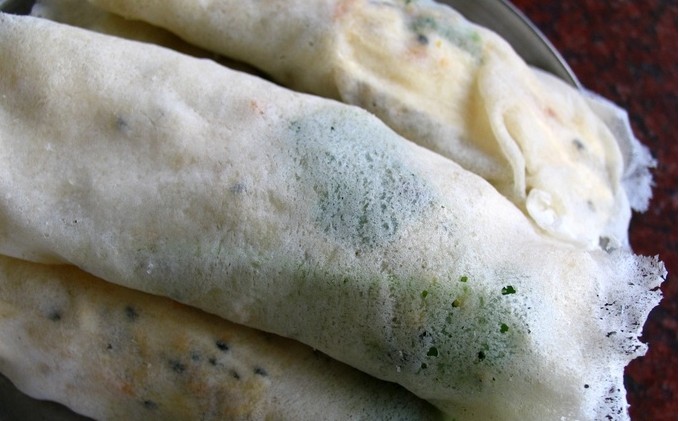No matter whether in the realm of cuisine or linguistics,
不管在中餐還是在中文里
the word "taste" encapsulates infinite possibilities.
神奇的"味"字似乎都充滿了無限的可能性
Besides gustatory and olfactory experiences,
除了味覺和嗅覺
it can also refer to feelings incited by things way beyond food.
在中國文化里對于"味道"的感知和定義既源于飲食,又超越了飲食
For the Chinese, taste is a matter of not only the tongue and nose,but the heart.
也就是說能夠真真切切地感覺到"味"的不僅是我們的舌頭和鼻子還包括中國人的心
The Equilibrium of Tastes
《五味的調和》
As in the rest of the world,the Chinese use sweetness to explore the feeling of joy and happiness.
和全世界一樣漢語也用"甜"來表達喜悅和幸福的感覺

The taste buds can pick up sweetness before all other gustatory feelings.
這是因為人類的舌尖能夠最先感受到的味道,就是甜
Sugar is the most common source of sweetness.
這種味道往往來源于一種物質-糖
To Yao Jinghong,sugar means a lot.
對于阿鴻來說糖不僅表示著甜,更意味著一切
In the early morning he starts a big fire to melt sugar.
一早,爐火已經燒的很旺阿鴻準備開始熬糖
Sweet onion pancakes is a famous traditional dessert in Chaozhou.
糖蔥薄餅,潮州著名的傳統甜食
Yao masters ancestral cooking skills.
阿鴻的手藝是祖傳的











